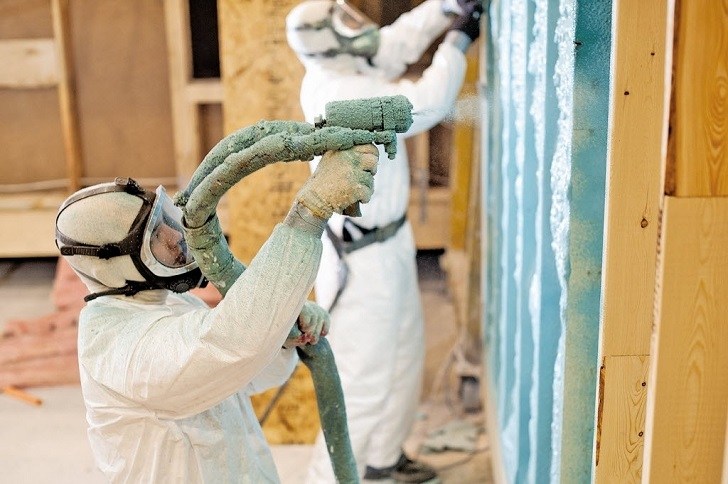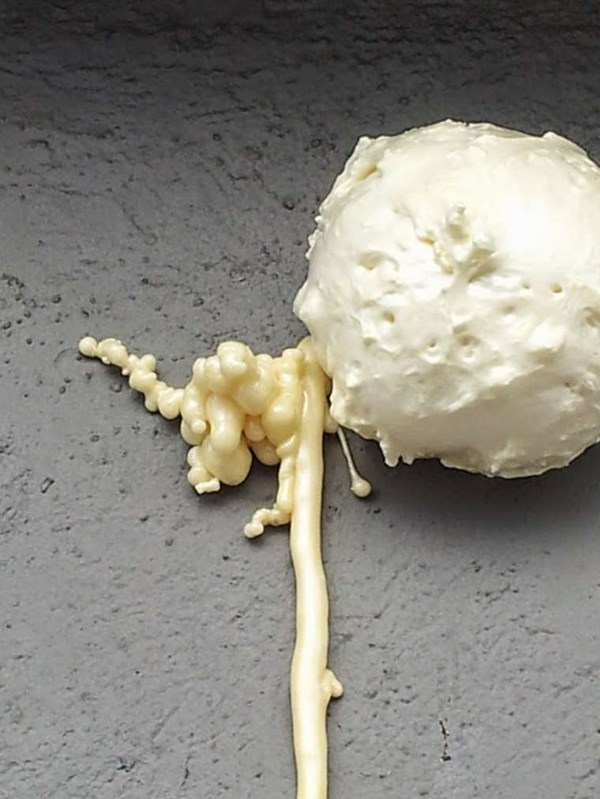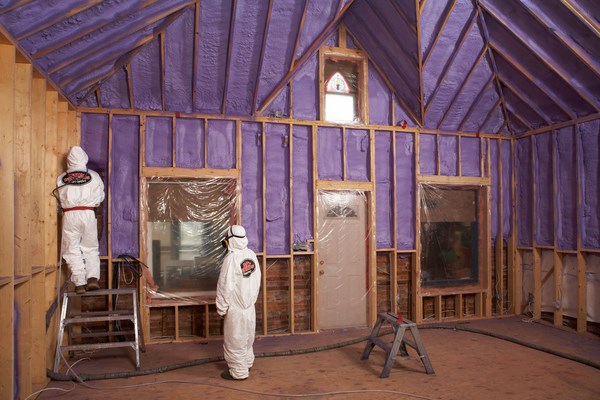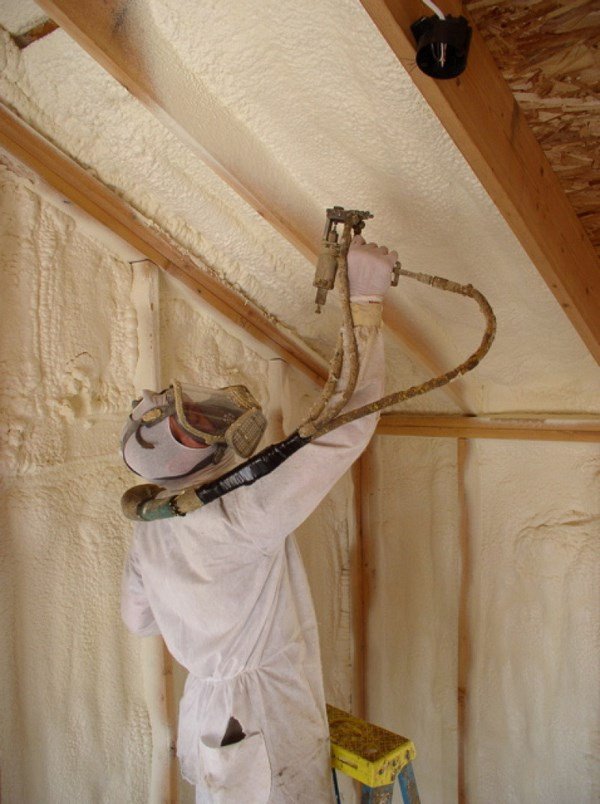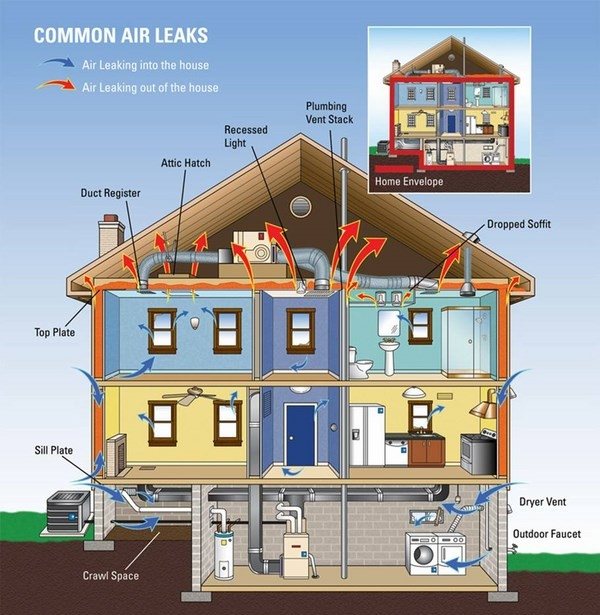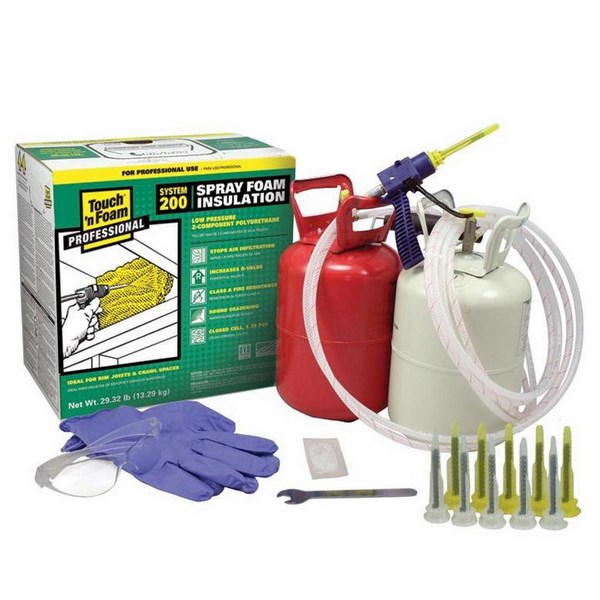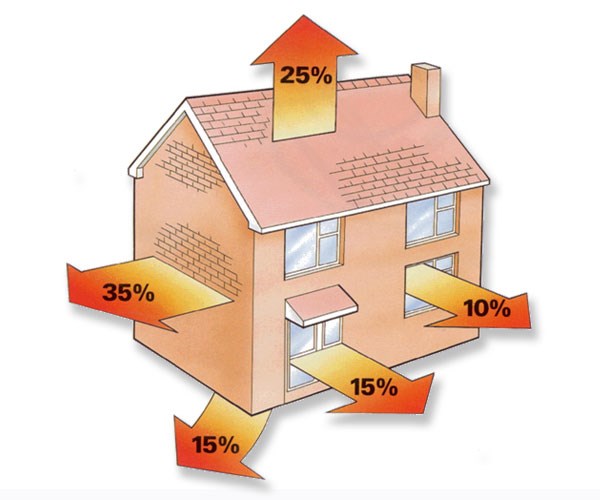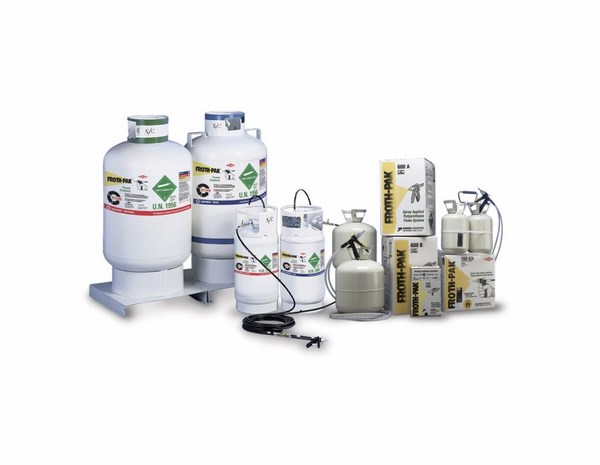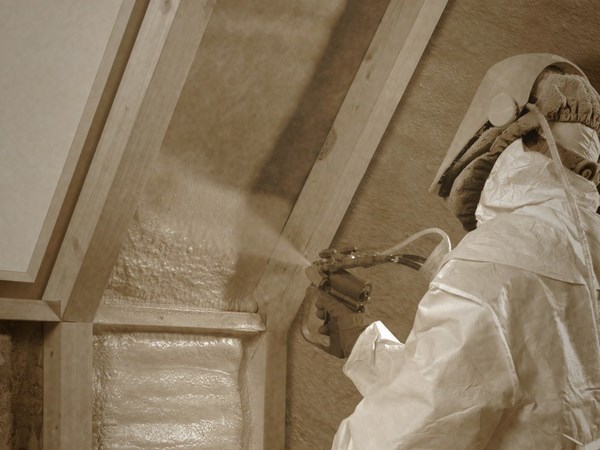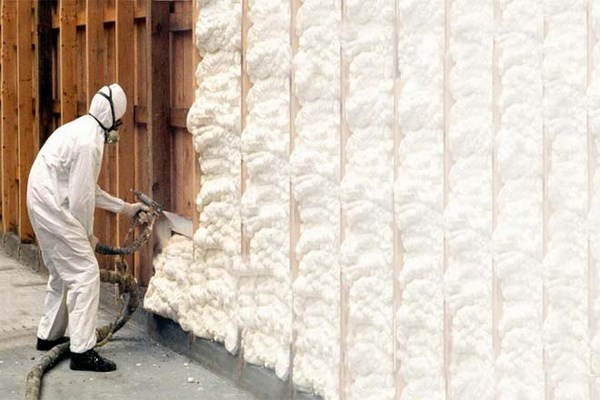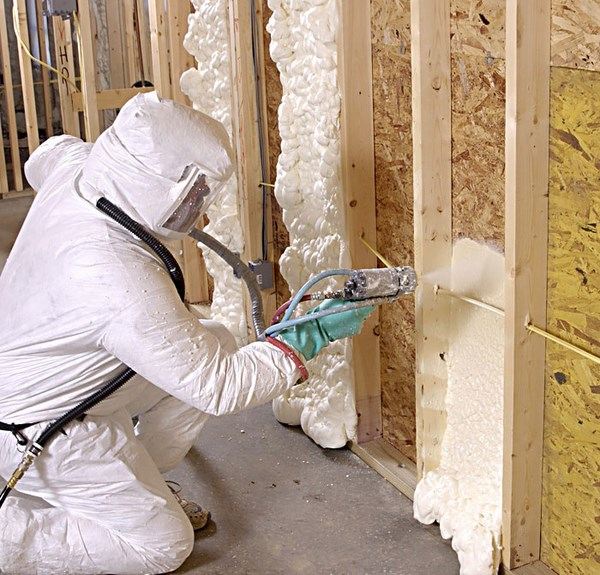Spray foam insulation can be used in walls, ceilings or other parts of the home to keep the heat inside in cold weather and hot air outside in warm weather. It is composed of resin and chemicals like polyurethane and when sprayed it expands and solidifies. It appeared in the 90s of the 20th century and since then there are many arguments whether it is better than traditional methods. Many people point out that spray foam has a better thermal resistance while the opponents emphasize on the potential health problems that might arise for the people installing it and the occupants of the building.
What is important to know about spray foam insulation?
Spray foam insulation is generally divided into two categories: open-cell and closed cell insulation. What is the difference between the two types? We shall not go into the chemistry of the processes but before taking a decision on whether or not to use this product, it is important to get at least a general idea the basic components and how each type impacts the costs, application methods, etc. The two major factors that distinguish the open cell and closed cell foam are structure and density. The open-cell kind consists of tiny cells that are not completely capsuled. Air fills the open space in the cells and the result is a soft material with a spongy feel.
Closed cell foam, as the name implies, consists of cells that are completely capsuled and filled with gas which makes the substance expand. This kind is harder and stronger than the open-cell one. In terms of density, closed cell foam is about four times denser compared to the open-cell kind. Density is determined by weighing one cubic foot.
Pros and cons of spray foam insulation
There are many pros and cons in favor or against of using spray foam insulation. So, what are its main advantages ?
High thermal resistance is one of the major advantages of spray foam insulation. It prevents air and moisture intrusion which means lower costs for heating and cooling. The thermal resistance of closed cell insulation is two times bigger than the one of open-cell foam and many other insulating materials. The screen is sturdy, does not sag and protects the home against ice dams.
Spray foam insulation helps to control the level of humidity and eliminates the ingress of air which generally improves the air quality, the comfort of the occupants, does not allow mold growth and keeps out dust, pollen, and bugs. Spray foam insulation retains its performance under extreme weather conditions while many other insulators function much worse when significant increase or decrease in temperature happens.
On the downside of spray foam insulation is the fact that the product is made of chemicals which may be hazardous to health in case of violation of the installation process. Usually the people installing it are exposed to the greatest risk and not the residents, as the hardened product is relatively inert.
Cost – the budget is always an important factor for any project. The cost of spray foam insulation may be two or three times higher compared to other materials.
Safety is of great significance during the application. It is advisable that you hire professional company. While it is applied, it is obligatory that anyone present must wear appropriate personal protective equipment – eye protection, gloves, mask, etc.

